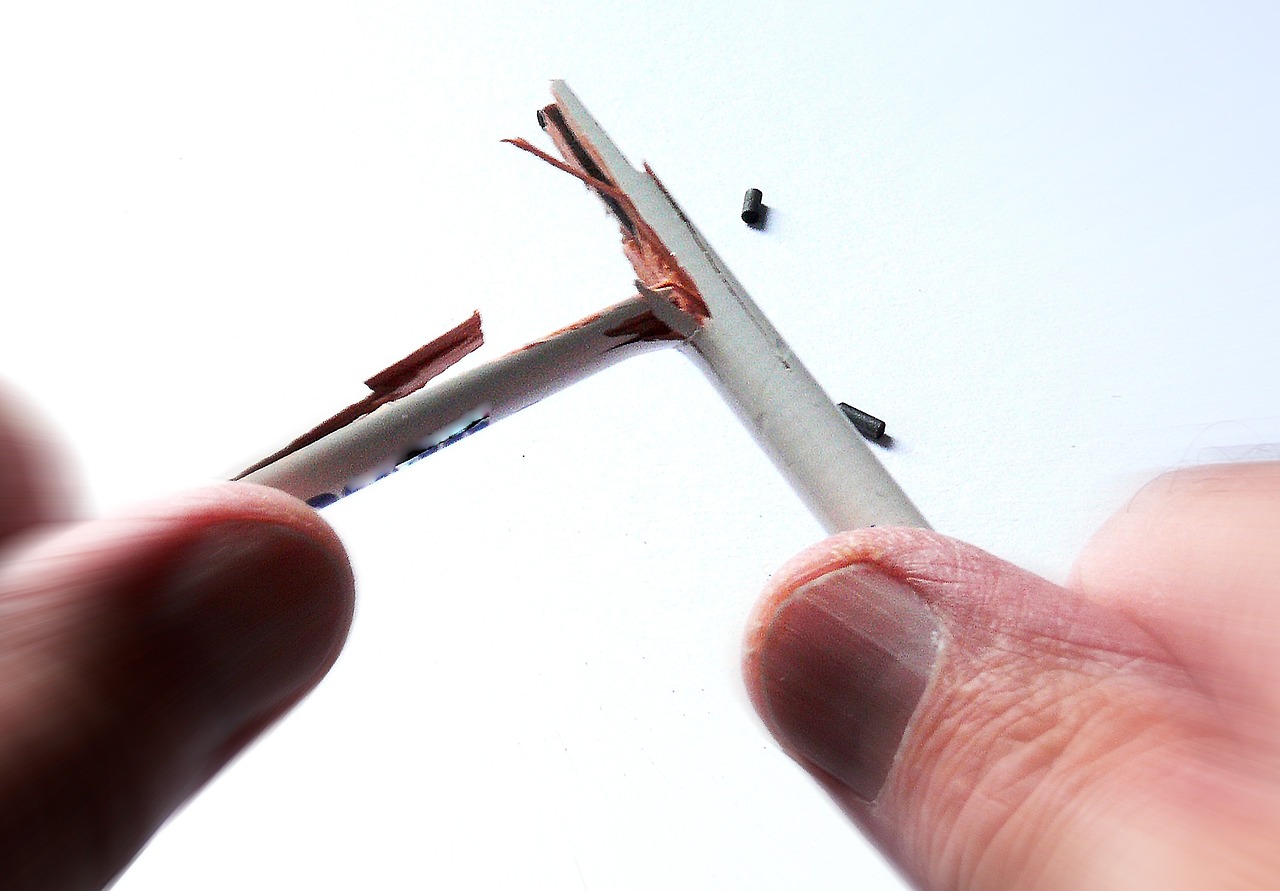I’ve seen it many times. While preparing a speech the speaker grabs pen and paper (or more often a laptop computer) and frantically starts writing. And then keeps revising and revising in a process that can take days, weeks, months. As the big day of the speech approaches he or she realizes that the speech needs to be rehearsed as well. Memorized even. Oops. No time left.
The results are often less than stellar. The audiences notes that there is something wrong:
” She relied too heavily on her notes”;
” He just wasn’t authentic”;
” Her sentences were too long and convoluted”;
” I just couldn’t follow it”;
” I didn’t feel he was speaking to me, just thinking about his text”;
” It was way too long”.
And worse.
You’re not an actor. You’re a speaker. You don’t have to interpret a fixed script, you need to interpret your thoughts, convictions, ideas. To different audiences, that need different versions.
Connect
If you want to connect with your audience, you will need to at least make it seem like you are speaking from the heart, not from the paper. And written language is not the best vehicle for that. Spontaneously spoken text uses short sentences, sentences that don’t finish, interjections. Spontaneous speakers look at the audience, react on things that happen, are able to reflect on current events. Spontaneous speeches include matching body language and vocal variety. Using memorized texts this is going to be hard. Not impossible, but it takes a lot of practice time. Time that most speakers that write out their texts don’t take.
Because of the congruence of body language, vocal variety and content, spoken speeches tend to be a lot more convincing than speeches read out or memorized. Why not simply skip the writing fase? The only things that you really need to get clear is your topic, your goal, and your main points. Once you know these, how about starting the rehearsing process immediately? Saves a lot of time. And often results in a better, more flexible speech.
Different
If you don’t write down and memorize your speech it will be different every time you give it. That brilliant sentence you thought of might be missing because you simply didn’t think of it. But so what? Instead you will look fresh and be there for the audience instead of regurgitating you material.
Longer presentations
Writing out longer keynotes? Half hour, full hour presentations? That’s prohibitive. Save yourself the time. Instead of trying to perfect each and every sentence and then try to learn it all by heart, you better spend your time on the subject of your presentation. Come up with new angles. Incorporate current events. Be the authority.
How to rehearse without text
How do you go about memorizing your speech without writing it down?
Simply by doing it. Give that speech in front of your bedroom wall (imagining the wall is your audience). Rehearse parts of that speech during a walk in the forest. Shout it out lou
d when stuck in traffic. What happens is that even though it will be slightly different every time you rehearse it, the flow of the speech will get better and better. And there is no need to fear that you may forget parts when giving it for real. Since you’re constantly doing that during your rehearsals, and noticed that you’re making up for it, you know you’re ready to go.
So
To conclude: writing out your speech is highly overrated. It takes an enormous amount of time, often consuming the time you should have spent rehearsing and practicing. Not only that, it will often make the speech feel less authentic and less convincing to your audience. Why not skip the writing all together?
Next time: why you should write out your speech.
images: moritz320, ColiN00B – Pixabay.


